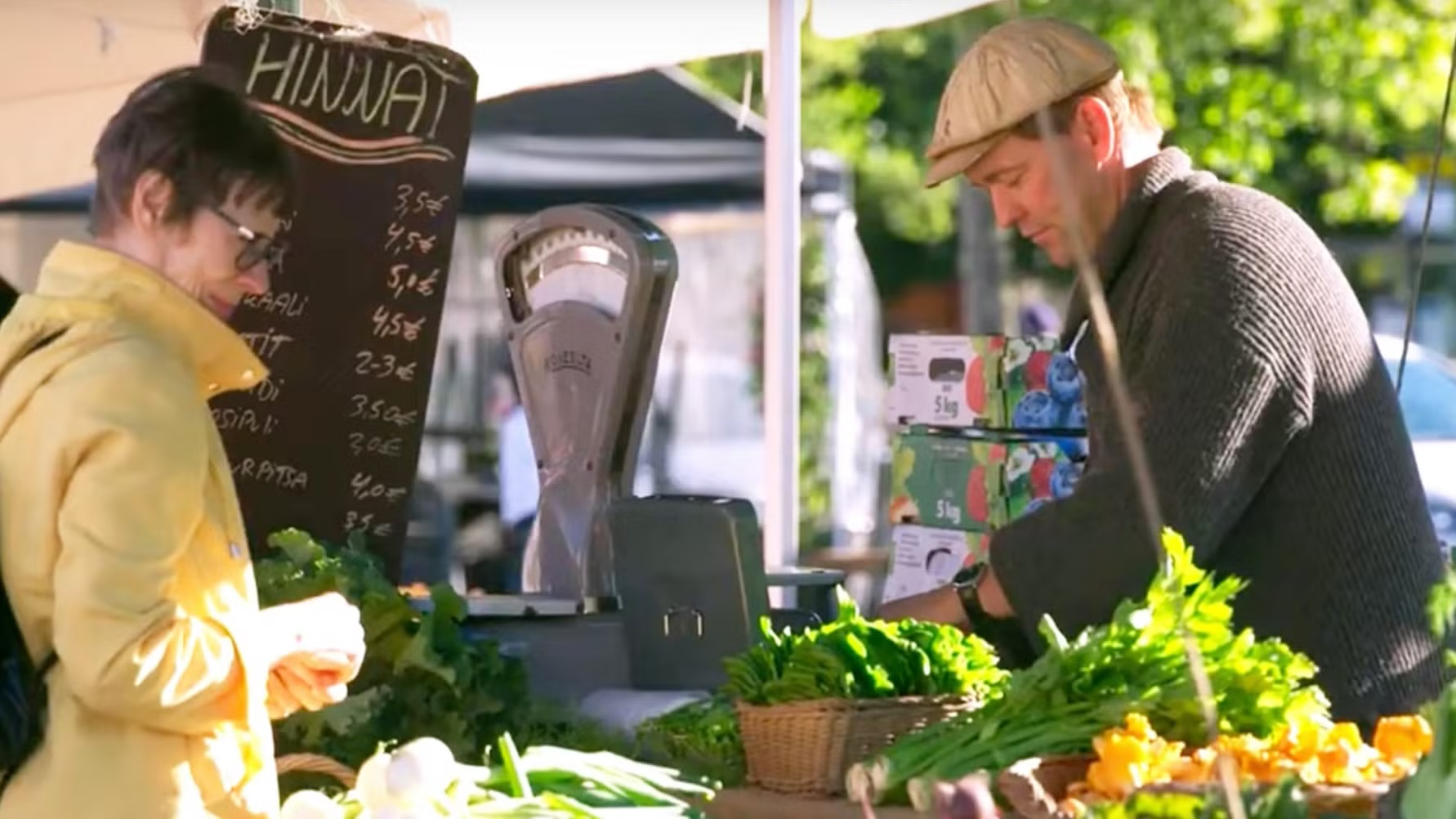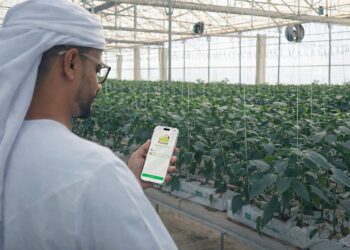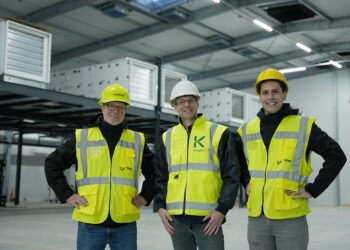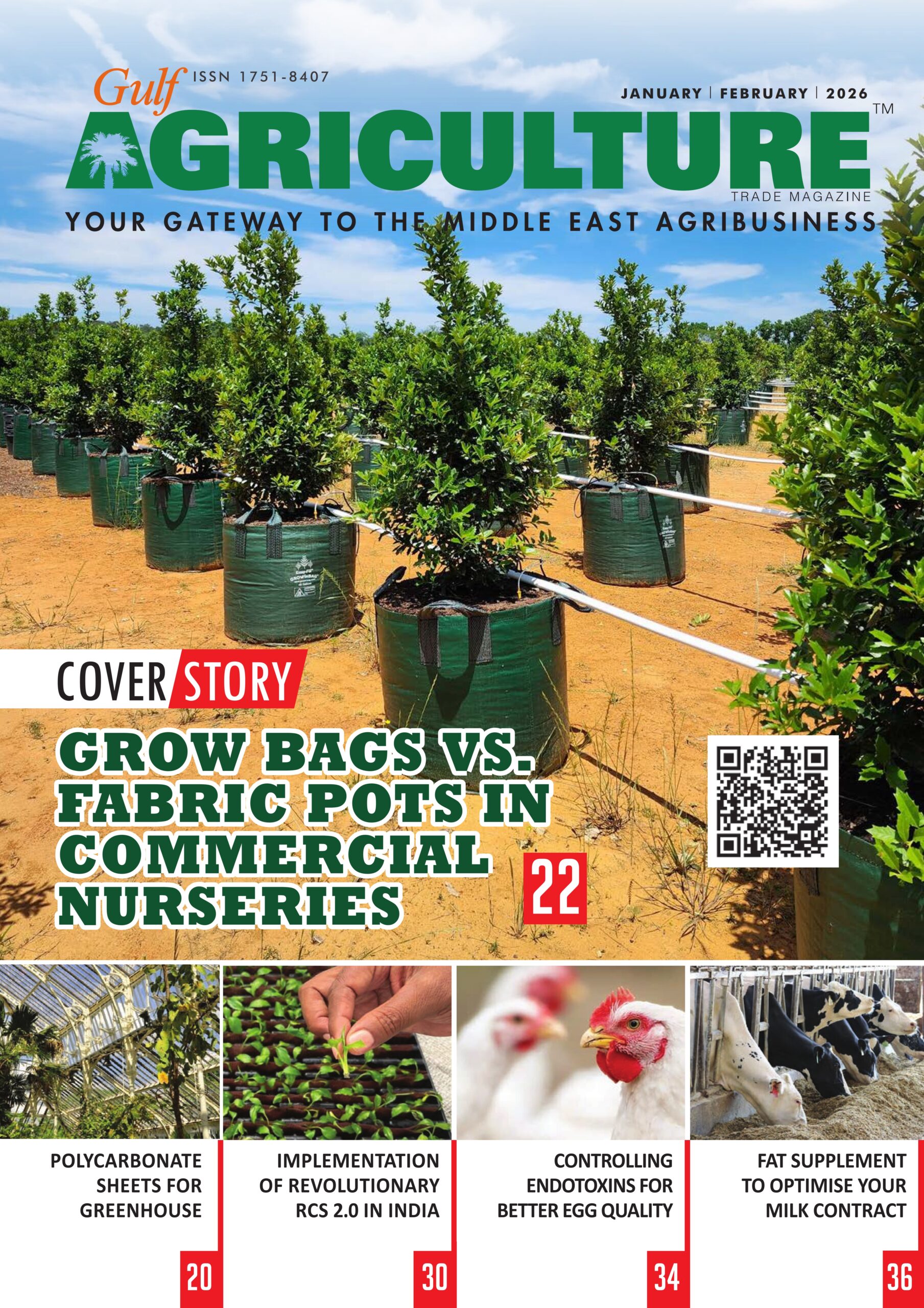Farming nurtures human beings. As the world population is growing, the number of people working in agriculture is going down. Biodynamic farming has been trying for a hundred years to offer meaningful and attractive work contexts and to develop solutions for the challenges of our time.
For Anthoni Selvi, a farmer and trainer in biodynamics in India, it is clear that “eating healthy food is a human right.” But what about people who are working in agriculture? They are often forgotten, although fewer and fewer people are working on producing food for an ever-growing population because the number of the former has dropped.
Helmy Abouleish of Sekem in Egypt points out that farmers can no longer live from their work and are dependent on subsidies. Ueli Hurter, co-leader of the Section for Agriculture at the Goetheanum, speaks of “agriculture‘s loss of dignity” and says that the purpose and deeper meaning of farming have been lost.
The short film ‘100 Years Biodynamic’ focuses on the perspective of farmers. In addition, it calls attention to the fact that agriculture is also about continually finding answers to challenges. Currently these include climate protection (for instance through soil carbon sequestration), biodiversity (through appropriate local planting schemes) and self-sufficiency (examples of this include Binita Shah‘s compost project in India, biodynamic city gardening in Rosario, Argentina, biodynamic school gardens as in Mbagathi, Kenya, or the Koberwitz 1924 project in the Philippines).
The film addresses the question of humanity‘s responsibility for nurturing and developing the earth as a living organism.
(1642 characters, 253 words/SJ; English by Margot M. Saar)
Film 100 Years Biodynamic Web 100 years of biodynamic agriculture – insights and impacts (youtube.com)
Contact person Anna Storchenegger























